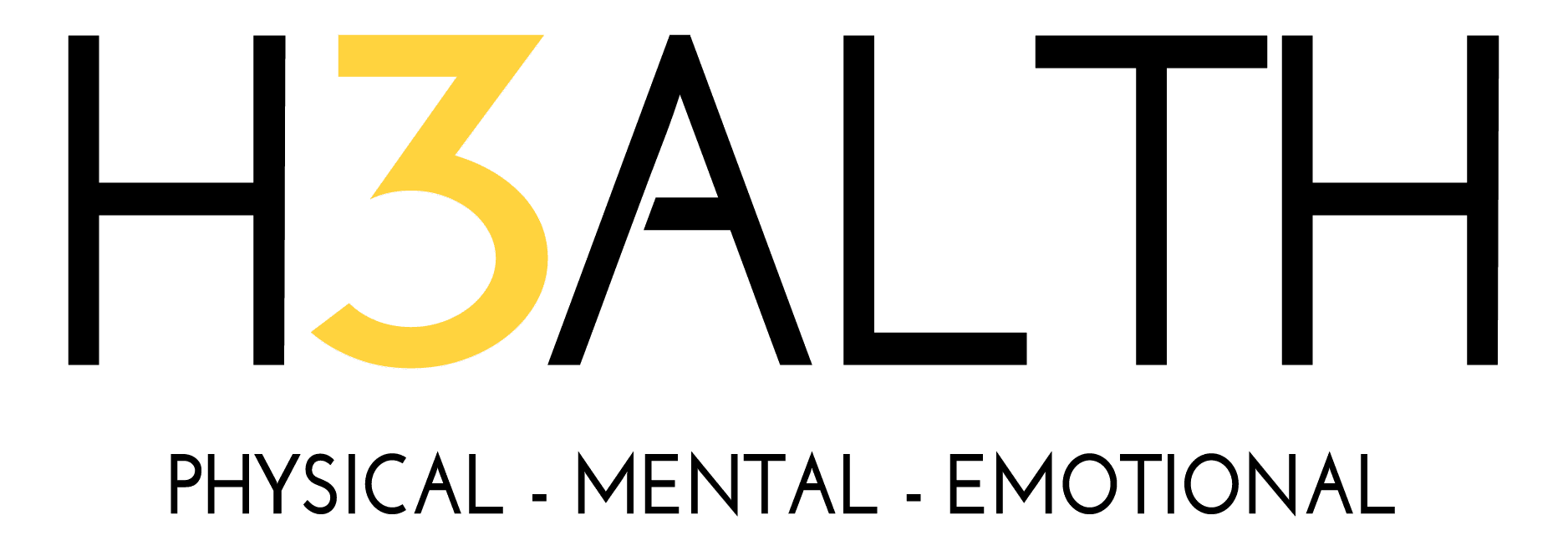
Nutrition is an essential aspect of leading a healthy life, and it is no secret that a balanced diet is the key to optimal health. However, in today’s fast-paced world, it is not always easy to consume a well-rounded diet that meets all of our nutritional needs. As a result, many people turn to supplements to make up for any deficiencies in their diet. While supplements can be beneficial in some cases, the idea that they can easily make up for a substandard diet is a nutrition myth that needs to be debunked.
Firstly, it is important to understand that supplements are not a replacement for whole foods. Whole foods contain a complex blend of nutrients, including vitamins, minerals, fiber, and antioxidants, that work together to promote health and prevent disease. Supplements, on the other hand, usually contain only one or a few isolated nutrients. This means that they cannot replicate the synergistic effects of whole foods and may even cause imbalances in the body.
Secondly, supplements are not as easily absorbed and utilized by the body as whole foods. When we consume whole foods, our bodies break them down and absorb the nutrients in a way that is natural and efficient. Supplements, on the other hand, can be difficult for the body to absorb and may even pass through the digestive system without being utilized. This means that even if you are taking supplements, you may not be getting the full benefits of the nutrients.
Another problem with relying on supplements to make up for a substandard diet is that it can lead to a false sense of security. If you are taking supplements, you may believe that you are meeting all of your nutritional needs and may be less likely to make an effort to improve your diet. This can lead to a cycle of poor nutrition and reliance on supplements that can ultimately harm your health.
Finally, it is important to remember that supplements are not regulated in the same way as drugs. This means that the quality and safety of supplements can vary widely. Some supplements may contain harmful contaminants or may not contain the amount of the nutrient listed on the label. This can put your health at risk and make it even more difficult to meet your nutritional needs.
While supplements can be a helpful addition to a healthy diet, they are not a replacement for whole foods. Relying on supplements to make up for a substandard diet is a nutrition myth that can ultimately harm your health. To ensure that you are getting all of the nutrients you need, focus on consuming a variety of whole foods and consult with a healthcare professional before taking any supplements.


